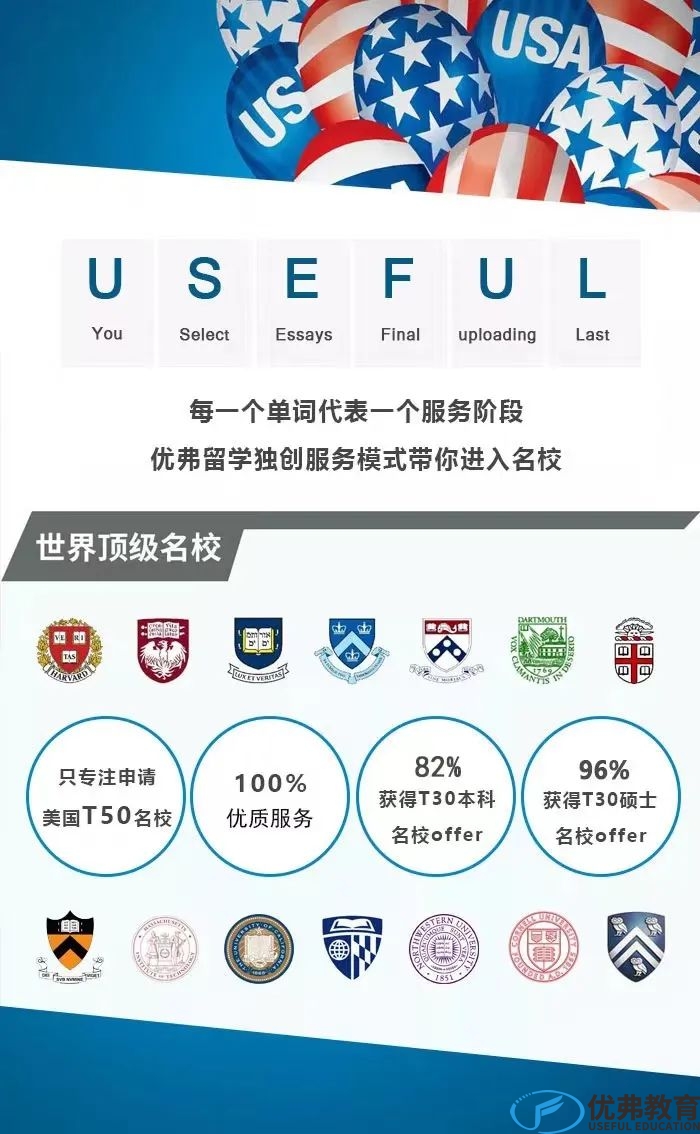盯著雅思8月考位不換,,是怕遇到雅思換題季?
日期:2022-08-10 09:06:30 閱讀量:0 作者:b老師想必大家也了解到,,大家揪著雅思8月的考位不換,,主要是害怕9月即將迎來口語換題季。相比而言可能心態(tài)上會更慌張,,感覺好像口語要面臨直接裸考的窘境,。其實大家不用緊張,換題季也沒有那么可怕,,下面會整理一下常見問題來緩解緊張的你,。

雅思換題季常見問題解答
1、換題季是將所有題目都換掉嗎?
更換題庫并不是百分百全替換掉,,畢竟要讓出題者們想出如此大題量的新題,,實在是太費腦細胞了,也不可能在一兩周時間內給你整理出來,。
一般而言,,雅思口語話題只會換掉上一季的30%~40%的舊題,并補充相應數(shù)量的新題,。新題中會有往年的舊題回歸,,也會出現(xiàn)一些很少量的從來沒見過的新話題,通常全新題占10%,、 舊題回庫(往年考過的題目)+舊題改編(將之前出現(xiàn)過的題改編)20%-30%,、上個季度保留舊題60%-70%。
所以在換題季來臨時,,上一季口語題庫參考價值還是很大,。對于報名9月考試的同學來說,本季(5-8月)口語題庫被抽中的幾率還挺大,,大家不要放棄使用它,。就算真的遇到全新題,說不定之前準備過的素材還能套到新題上~
2,、換題季考試難度是不是會變大?
雅思考試的難度不會變大,,只是題目內容有所變化??傆锌绝営X得困難,,主要是因為對新話題的準備不夠充分。當你了解相應“套路”并提前準備充分之后,,無論是出新題還是舊題,,都不會對你造成困擾。
3,、 報了8月底的雅思考試,,會遇上新題嗎?
總有同學擔心,如果報名了雅思換題月之前的月底考試場次,,比如現(xiàn)在報了8月30日的雅思考試,,就已經(jīng)會遇上新題了。
別太擔心,,根據(jù)往年換題季之前的題目來看,,雅思官方還是很守時的,,說好了1/5/9月?lián)Q題,絕對不會提早將已更新的題本發(fā)給各位雅思考官,。
不過要注意,,在這期間的口語考試中,考官有可能問法跟口語題庫有略微出入,,但問題本身還是包含在當季口語題庫中,。所以大家切忌直接背模板答案,要仔細聽考官問的具體問題是什么,,并根據(jù)具體問題調整自己準備的素材,。
4、我現(xiàn)在到底還能做些什么準備?
正如我們前面說的,,換題季只是更換了30%~40%的舊題,。其余題目都還是之前出現(xiàn)過的。
根據(jù)雅思老師們多年以來的口語考試換題經(jīng)驗總結出來,,一般而言如果是上季度剛出現(xiàn)的新題,,一般還會延續(xù)至下一季度甚至再下一個季度;而如果是已經(jīng)連續(xù)出現(xiàn)幾個季度的舊題,大概率上會在下一季度的題庫中被刪掉,,在整個口語答題庫中挑選往年出現(xiàn)過的題進行替換,、或者直接使用全新題目替換。但還有10%左右的全新題,,沒有人知道會考什么,。
所以大家如果的確是要在9月初考試,可以著重準備一下本季口語題庫中的“新題”部分,,被保留下來的幾率還是很大的。
5,、如何正確應對換題季,?
遇到雅思換題月,有些考生可能會選擇必考此次考試,,其實大可不必,。要知道,近期由于疫情,,2022年1,、2、3,、4月多地雅思考試取消,,能有個考位/考試機會就很不錯啦~再說雅思換題月也沒有想象中那么“難肯”。只要認真?zhèn)淇寄切┡f題,、找共性準備話題,,到時隨機應變就可以了,。
不過,一定要擁有一份當季的口語題庫,,這個真的很重要! 因為雅思口語考試的題目幾乎都出自當季題庫,。提前準備好,考場上就不會無話可說,,也能讓你輕松應對雅思換題季,。
2022年1-4月的雅思口語預測題庫:
PART 1
1. Art 藝術
Do you like drawing
Do you like to go to the gallery
Do you want to learn more about art?
Did you learn drawing when you were a kid ?
2. Sports 體育
Do you like watching sport programs on TV?
Do you like to watch live sports games?
Who do you like to watch sports games with?
What kinds of games do you expect to watch in the future?
3. Taking photos 照相
Do you like taking photos?
Do you like taking selfies?
What is your favorite family photo?
Do you want to improve your photography skills?
4. Mirrors 鏡子
Do you like to look at yourself in the mirror? How often?
Have you ever bought mirrors?
Do you usually take a mirror with you? (Why/Why not?)
Would you use mirrors to decorate your room? (Why/Why not?)
5. Dreams 做夢
Do you often remember your dreams?
Do you share your dreams with others? (why/why not?) Or Are you interested in other people’s dreams(Why/why not?)
Do you think dreams have special meanings? (Why /why not?)
Do you want to make your dreams come true? (Why/Why not?)
PART 2&3
1. Part 2 生活中離不開的東西
Describe something that you cant live without (not a computer/phone)
You should say:
what it is
What you do with it
How it helps you in your lifeAnd explain why you cant live without it
Part 3 Things
Why are children attracted to new things (such as electronics)?
Why do somme grown-ups hate to throw out things (such as clothes)?
Is the way people buy things affected? How?
What do you think influences people to buy new things?
2. Part 2 壯志未酬
Describe an ambition that you haven’t achieved.
You should say:
What it is
Why you haven’t achieved it
What you didand how you felt about it
Part 3 ambitions
What ambitions do children usually have?
Why are some people very ambitious in their work?
Why don’t somme people have dreams?
How do people balance work and life?
3. Part 2 壞掉又修好的東西
Describe something that was broken in your home and then repaired
You should say:
What it is
How it was broken
How you got it repaired
And how you felt about it
Part 3 Repairing things
Are IT-related jobs valued more by society?
Is the quality of product worse than before?
What kinds of things do people like to repair by themselves?
Why do people like to get their mobile phones repaired in specialized stores?
4. Part 2 Describe something you received for free
You should say:
What it was
Who you received it from
Where you received it
And how you felt about it
Part 3 Free things & educaiton
Do you think people should pay for higher education why?
Is it good or bad for people to have free education in the future?
What free gifts do companies usually give to their customer?
Why do customers like to receive free gifts from companies?
5. Describe an interesting conversation you had with friend
You should say:
Who you spoke with:
Where you were
What the conversation was about
And explain why you think it was interesting
Part 3 Conversations
When do people normally form their own views?
Do children have strong opinions?
Should parents request their kids to obey them?
In what industries do you think communication is a necessary skill?
優(yōu)弗教育首次獨家采用“雙團隊”導師模式-“DoubleTeam”,。團隊一:由兩位主導師組成為“首席專家顧問團隊”,。團隊二:由三位導師組成為“規(guī)劃執(zhí)行團隊”。在優(yōu)弗獨具特色的“雙團隊”指導下,,具備專業(yè)性,,聯(lián)動性以及高執(zhí)行力這三大特點,讓整體規(guī)劃突破傳統(tǒng)留學導師架構,,真正突顯每一位導師在學生身上可發(fā)展力,,可塑造力,從而將服務做實,,做精,,做細!??!







